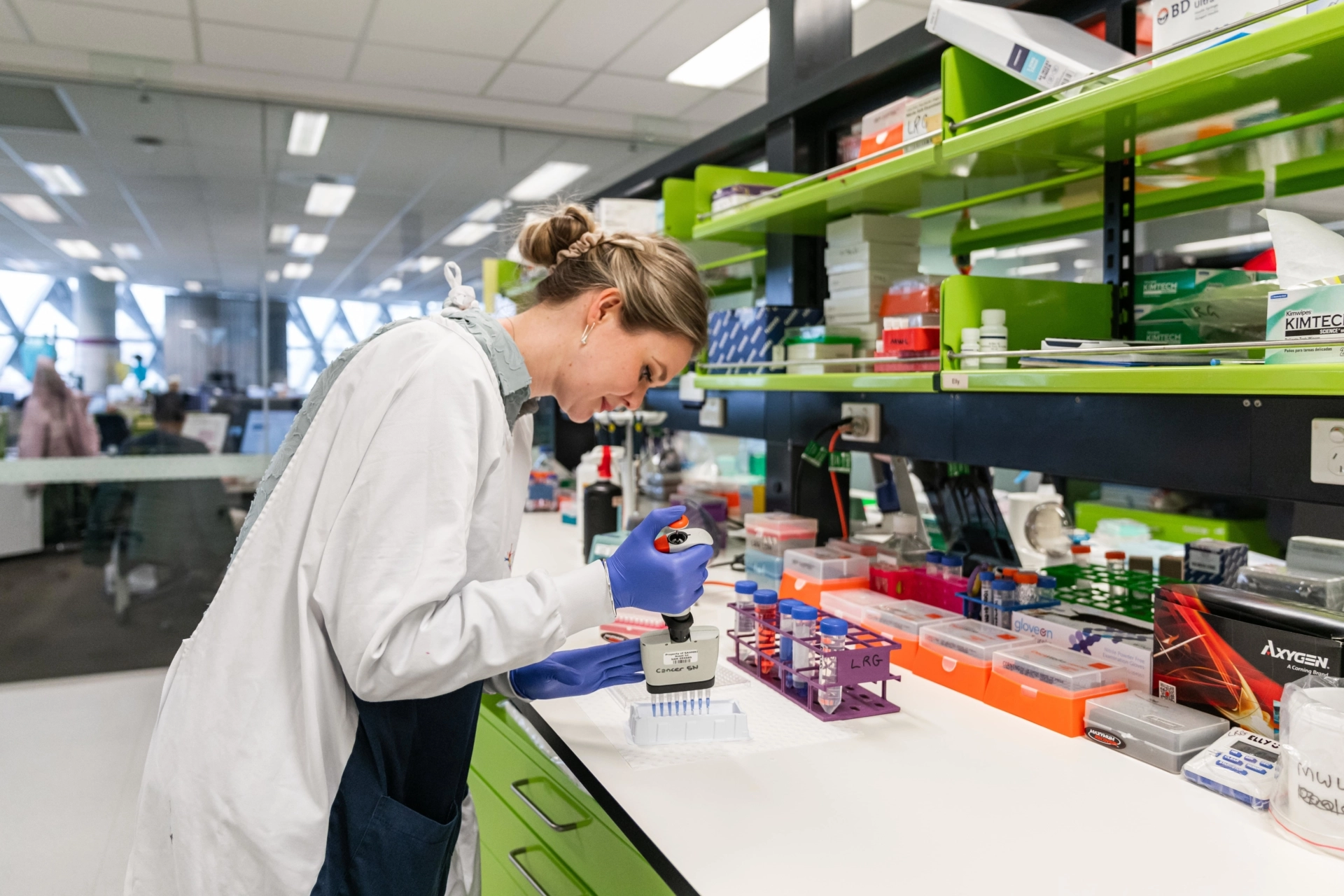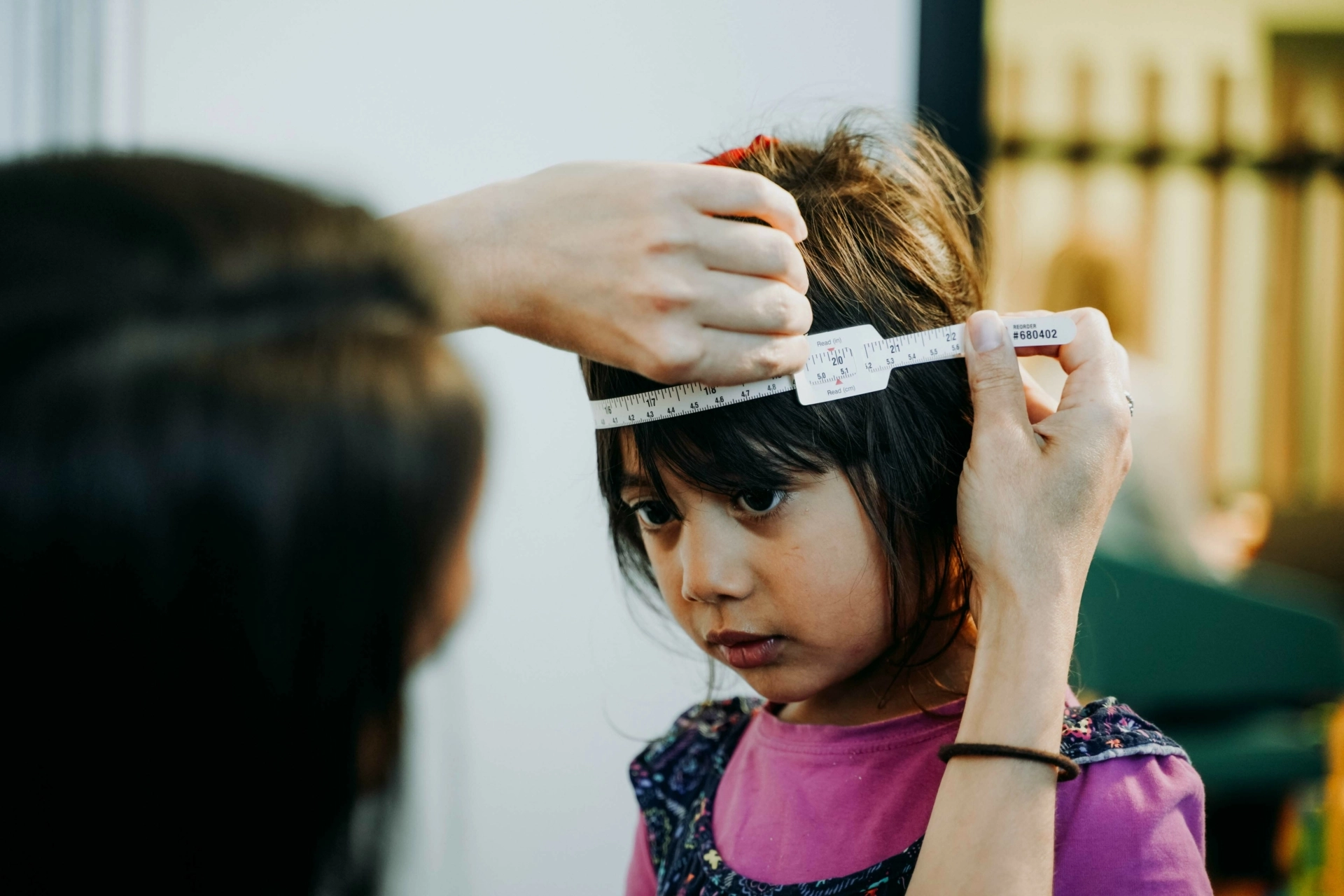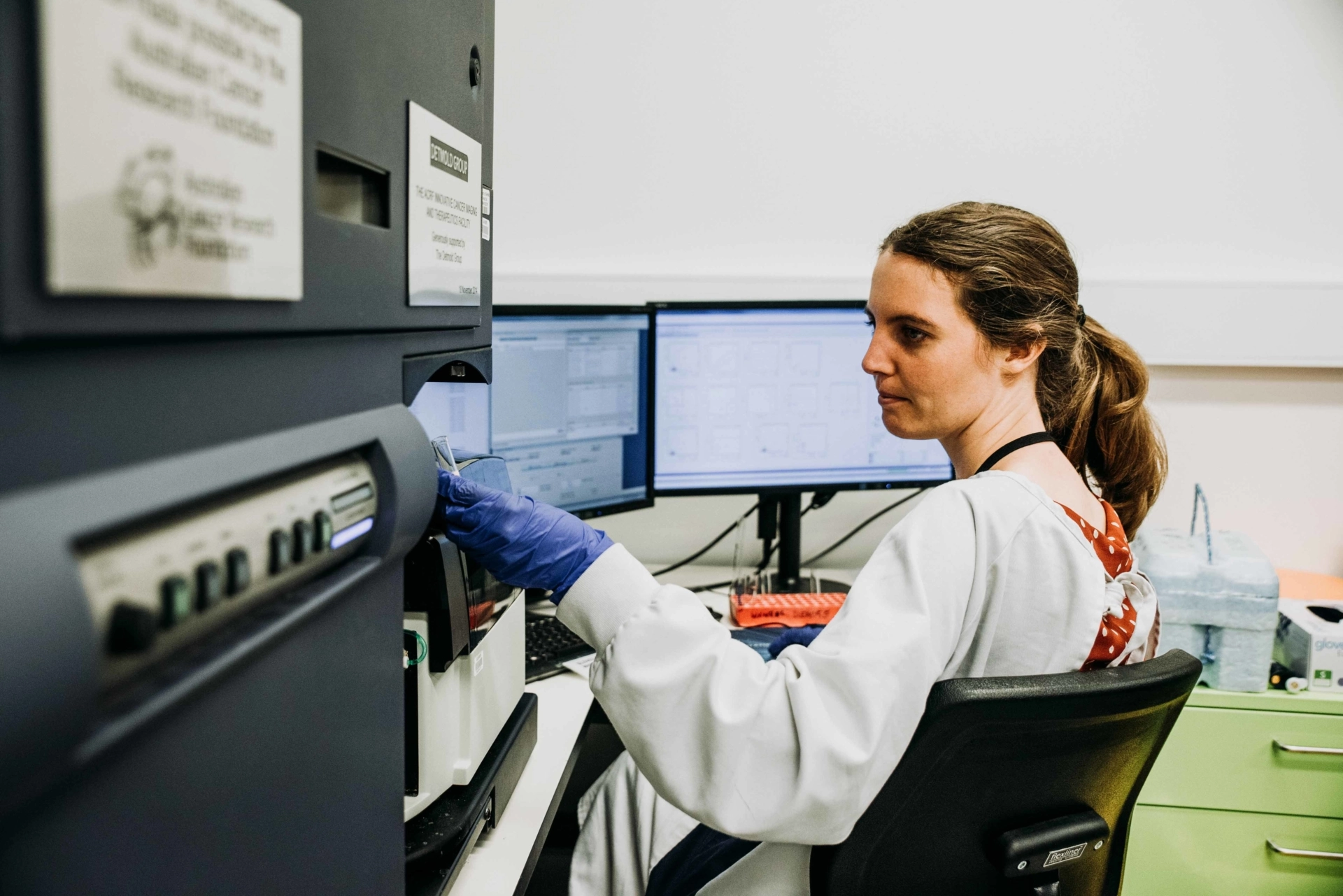Navigating the first decade of a career in research can be extremely difficult, against a backdrop of limited funding opportunities and job insecurity.
SAHMRI is committed to supporting its talented early and mid-career researchers (E/MCRs) to navigate this period, ensuring their skills and knowledge are not lost to the industry, for the betterment of all of us.
The SAHMRI Seed Funding Scheme provides up to 10 grants of $30,000 annually to boost its E/MCRs’ chances of securing competitive grants from large organisations such as the National Health and Medical Research Council.
SAHMRI’s Executive Director, Professor Steve Wesselingh, says seed funding provides benefits on several fronts.
“It supports pilot projects that can generate data, or a proof of concept, which gives the researcher a much greater chance of being successful when it comes to those large national schemes,” he said.
“In addition, our selection panel gives greater weight to proposals that facilitate collaborations across our Themes and Platforms here at SAHMRI, and with our partners here in the Adelaide BioMed Precinct.
“That interdisciplinary collaboration is one of SAHMRI’s founding principles – bringing together researchers who might never normally work together, but whose science can challenge and inspire new directions that ultimately lead to breakthroughs for better health.”
The SAHMRI Seed Funding Scheme is designed to support innovative projects across the spectrum from basic science to translational research.
Eleven E/MCR projects were supported in the most recent round of funding:
cia Name & theme | project title |
|---|---|
Jacqueline Gould, | Evaluating donor human milk versus preterm infant formula for improving neurodevelopmental outcomes of moderate-late preterm infants. |
Adriana Parrella, | COVID-19 - Priorities of the South Australian Aboriginal Community Controlled Sector. |
Tesfahun Eshetie, | Emulating benzodiazepine deprescribing target trial using ROSA data infrastructure. |
Luke Grundy, | Unbiased classification of sensory neurons innervating the bladder by single cell RNA sequencing. |
Lito Papanicolas, | Preventing neonatal sepsis treatment failure: Precision antibiotic therapy through pathogen genomic screening. |
Jocelyn Choo, | Precision approaches to determine urinary tract infections (UTI) risk: combining a human genetic marker and microbiome-metabolome profiling. |
Ryan O'Hare Doig, | Day One to 365 (DOT365) Pilot Study - Understanding the microbial risks of neuropathic pain during the first year of spinal cord injury. |
Feargal Ryan, | Utilizing multi-omics technologies for a greater understanding of Overactive Bladder Syndrome. |
Laura Eadie, | Modelling co-occurring mutations in T-cell Acute Lymphoblastic Leukaemia to enhance treatment options and maximise the power of next generation sequencing. |
Elyse Page, | Exploring the transcriptional network of PAX5 p.P80R in acute lymphoblastic leukaemia. |
Aaron Casey, | Impact of apolipoprotein E variants on phagocytic macrophages as a novel mechanism to prevent prostate cancer proliferation. |





